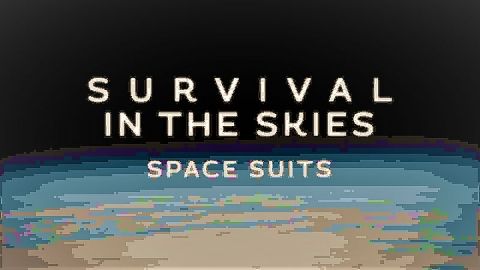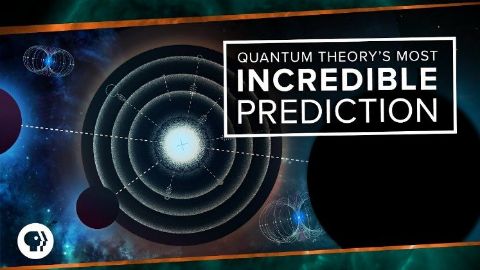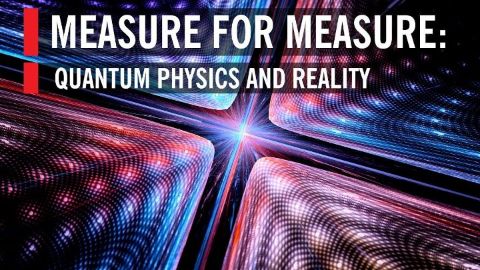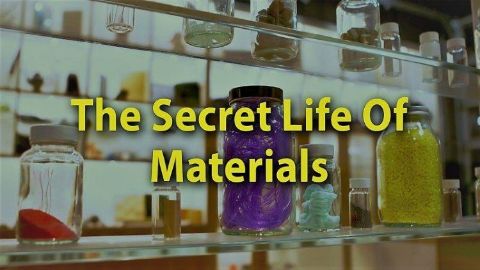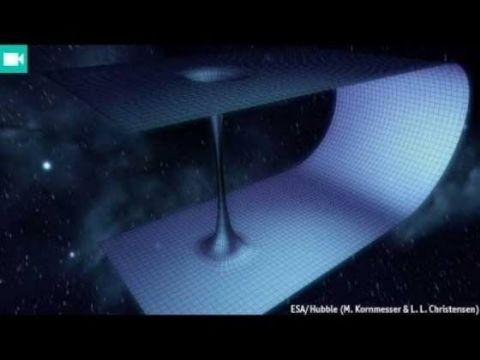You might also like
Nuclear energy might be a failed experiment. In over sixty years the technology has not only failed to keep its promise of cheap, clean and safe energy, it also caused major catastrophes and enabled more nuclear weapons while the nuclear waste problem is still not solved.
S1E3 • Nuclear Energy Explained • Physics
Track the evolution of the space suit, from the first pressure suit of the 1930s to outfits that will take man to Mars.
S1E1 • Survival in the Skies • 2019 • Physics
Let’s talk about the best evidence we have that the theories of quantum physics truly represent the underlying workings of reality.
PBS Space Time • 2018 • Physics
When no one is looking, a particle has near limitless potential: it can be nearly anywhere. But measure it, and the particle snaps to one position. How do subatomic objects shed their quantum weirdness? Experts in the field of physics, including David Z. Albert, Sean Carroll, Sheldon Goldstein, Ruediger Schack, and moderator Brian Greene, discuss the history of quantum mechanics, current theories in the field, and possibilities for the future.
World Science Festival • 2014 • Physics
Materials Science is set to define the next century of human history, and it promises to revolutionize every aspect of our lives. This film takes us on a journey where we meet the pioneers of Materials Science and see the extraordinary discoveries that are transforming the world around us.
2015 • Physics
The equations of physics suggest time should be able to go backwards as well as forwards. Experience suggests, though, that it cannot. Why? And is time travel really possible?
The Economist • 2015 • Physics

